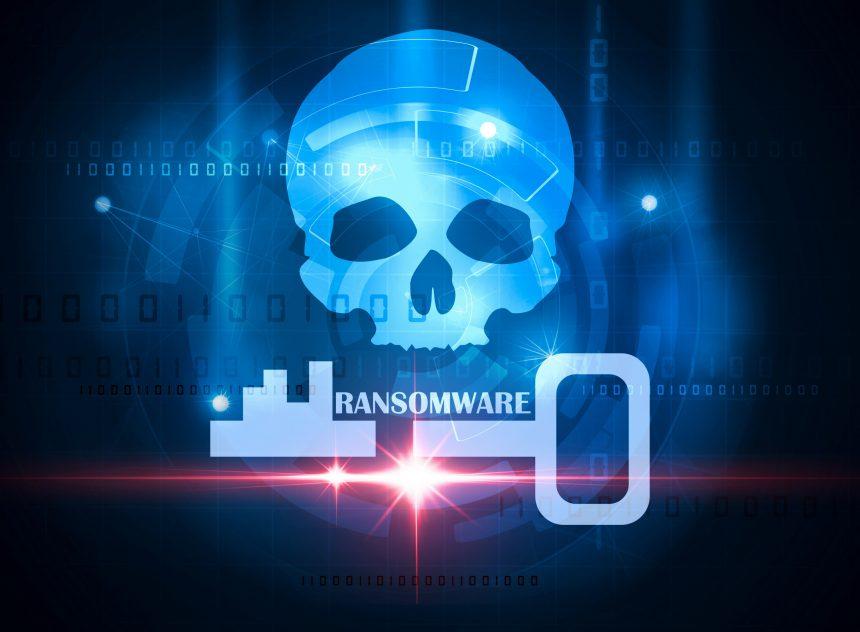The STOP/Djvu Ransomware Family Adds FDCV Ransomware
FDCV Ransomware is yet another file-encrypting ransomware associated with the STOP/Djvu Ransomware family. It targets all sorts of files, including documents, videos, databases, and photos. The encryption algorithm, once launched, does not damage system files. This is because the hackers need your system to work to enable you to transfer the demanded ransom payment.
Files encrypted by FDCV Ransomware receive the ‘.FDCV’ extension at the end of their names, and victims soon find a ransom note left by the hackers on their desktop. The ransom note is titled “_readme.txt.” It instructs victims to contact the hackers via the emails: admin@helpdata.top or supportsys@airmail.cc.
The note also tells the victims to pay either $980 or $490 in Bitcoin. The ransom amount depends on whether the initial contact with the hackers is made within the first 72 hours after infection. Supposedly, the sooner victims establish contact, the less they have to pay. The FDCV Ransomware operators will also offer users one free file decryption to prove they can provide a permanent fix for affected files.
Unfortunately, a free or online decryption tool that could restore files encrypted by FDCV Ransomware is not available at the moment. The only reliable way to recover infected files is to restore them from a backup. It is also possible to use alternative data recovery options, yet, there’s no guarantee that alternative data recovery tools can unlock all the encrypted files.
Although it may seem that the easiest path to file restoration is by cooperating with the hackers, we never recommend dealing with them. It’s possible that you may pay them and still never receive a decryption key.
How Do I Deal with the FDCV Ransomware Attack?
You can scan for and remove elements associated with FDCV Ransomware by using a reputable malware remediation application. To protect your files from similar attacks in the future, you should back up your critical files on a cloud or external hard drive.





